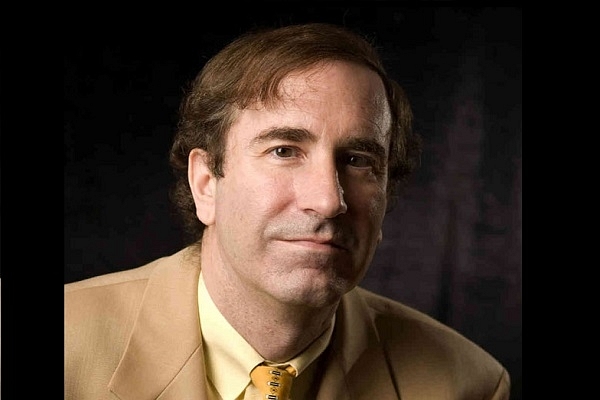
“Bankruptcy Waiting To Happen”: GE Shares Plunge After Madoff Whistleblower Alleges $38 Billion Fraud Bigger Than Enron
Harry Markopolos, the financial investigator who first raised red flags over Bernard Madoff’s Ponzi scheme, has now alleged an accounting fraud “bigger than Enron and WorldCom combined” is hidden inside General Electric (GE), The Financial Times reported.
In a detailed 170-page report posted online, Markopolos alleged that the industrial conglomerate has masked the depths of its problems, resulting in inaccurate and fraudulent financial filings with regulators by concealing a $38 billion fraud in its insurance and oilfield services businesses.
In an interview to CNBC, Markopolos said his group found GE’s insurance unit will need to bolster its reserves by $18.5 billion in cash, and found loopholes in the way the company is accounting for its oil-and-gas business.
All told, he said, the accounting problems amount to $38 billion, or 40 per cent of the conglomerate’s market value. Examining GE's financial statements from 2002 to 2018, Markoplos's report alleged that the company does not have enough cash to cover the claims on long-term care policies, which help people pay for nursing homes and assisted living.
Markopolos spent close to a decade investigating Bernie Madoff's business before his Ponzi scam - the largest in U.S. history - was discovered in 2008. The researcher says he warned the U.S. Securities and Exchange Commission about his Madoff investigation but was ignored.
GE shares fell 11 percent, to $8.01, on Thursday. The stock traded near $12 a year ago and $30 at the start of 2017.
In a statement, GE dismissed Markopolos's allegation as meritless and unsubstantiated.
"The Company has never met, spoken to or had contact with Mr. Markopolos, and we are extremely disappointed that an individual with no direct knowledge of GE would choose to make such serious and unsubstantiated claims. GE operates at the highest level of integrity and stands behind its financial reporting. We remain focused on running our businesses every day, following the strategic path we have laid out, ” the company said.
"Mr Markopolos openly acknowledges that he is compensated by unnamed hedge funds. Such funds are financially motivated to attempt to generate short selling in a company’s stock to create unnecessary volatility. The report states that his company ‘entered into an agreement with a third-party entity to review an advanced copy of the Report in exchange for later-provided compensation….those positions taken by the third-party entity are designed to generate profits should the price of GE securities decrease’ and ‘members of the Company are personally in possession of securities, derivatives, and/or other financial instruments of, and/or relating to, GE, which may generate profits should the price of GE securities decrease,” it added.